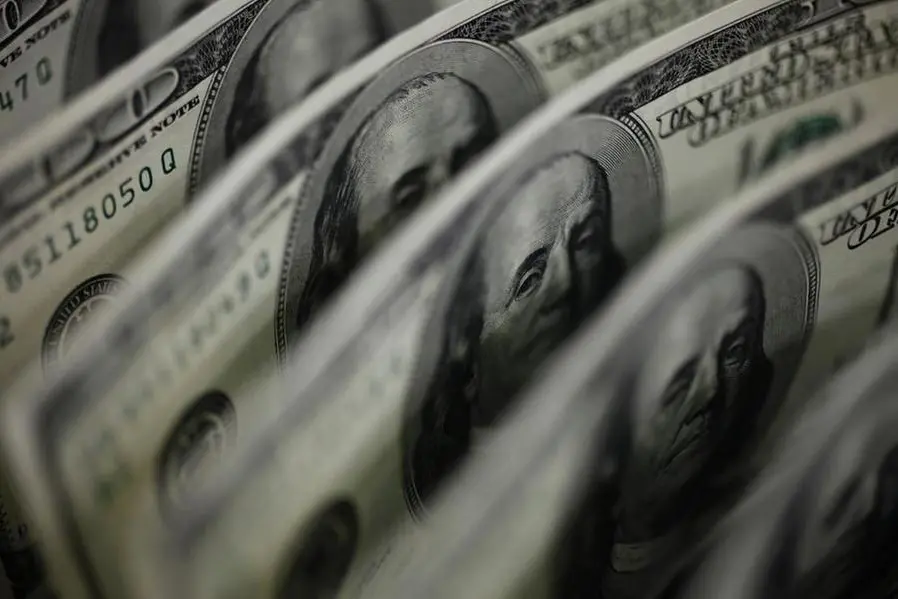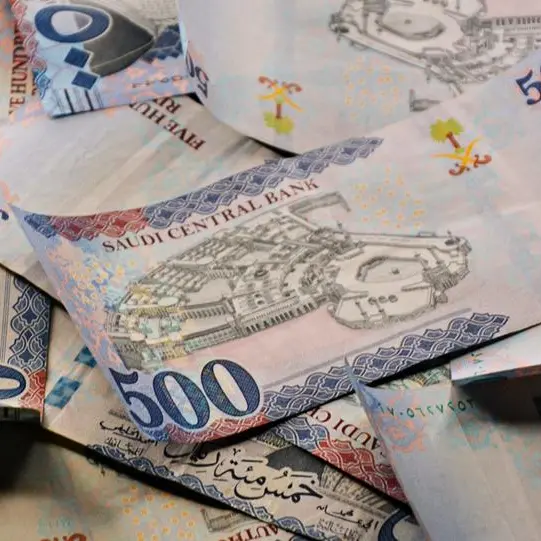PHOTO
Over P7 billion worth of investments are expected to be generated with the signing of the Philippines and United Arab Emirates (UAE) of an investment promotion and protection agreement (IPPA).
In a statement yesterday, the Department of Trade and Industry (DTI) said the IPPA was signed by Trade Secretary Ramon Lopez and UAE Minister of State for Financial Affairs Mohamed Bin Hadi Al Hussaini last June 9.
'The IPPA is projected to generate 2,500 jobs and garner over P7.1 billion worth of investments,' the DTI said.
Sectors of interest from the UAE include import and distribution, manufacture of scaffolding and formwork and providing engineering services, defense, telecommunications, tourism, poultry, aerospace, retail (medical equipment or devices), and renewable energy.
The IPPA covers a wide range of areas such as protection of investments, national treatment, most favored nation treatment, transfers, expropriation and compensation, and procedures for investor-state dispute settlement.
As part of the IPPA, a Joint Committee on Investment to be headed by the undersecretaries of the Philippines' DTI and UAE's Ministry of Finance was formed to start investment initiatives and look at areas of cooperation.
'The signing of the IPPA marks an important step in further strengthening the countries' economic ties, as the countries have also launched the start of the official negotiations for the Comprehensive Economic Partnership Agreement (CEPA),' Lopez said.
During the Expo 2020 Dubai held last February, Lopez and UAE Minister for Foreign Trade Thani bin Ahmed Al Zeyoudi signed the joint statement for the formal announcement of the intent to pursue a CEPA.
With the IPPA, investors from UAE would find it easier to do business in the Philippines, which recently approved key economic reforms to encourage more foreign investments into the country.
These reforms cover more competitive tax and centralized incentives regimes, reduced capitalization requirements for foreign retailers, liberalization of key public service sectors, and lower capital requirement for specific enterprises such as start-ups or those involved in advanced technology.
'The IPPA will boost investments between the countries and the CEPA will also pave the way for the Philippines' enhanced access to the broader Middle Eastern region and could be UAE's strategic hub in the Southeast Asian market,' Lopez said.
Priority sectors for promotion for Middle Eastern companies, including those from the UAE are agribusiness and agriculture, energy efficiency technologies and RE, infrastructure and public private partnership projects, innovation (artificial intelligence), information technology - business process management or shared services, manufacturing, oil and gas, processed and specialty food, as well as tourism and hospitality.
Meanwhile, Philippine products to be pushed in UAE include: plastic and rubbers (gloves, of vulcanized rubber, and vulcanized rubber thread and cord), and spices (cloves and pepper).
Both countries intend to immediately facilitate the internal procedures needed for the IPPA's entry into force.
'The IPPAs just signed this week with Israel and UAE reflect the commitment of the Duterte administration to do its best until the last month of its service, in creating a very conducive investment climate that will generate more jobs and income for the Filipinos,' Lopez said.
'All these, plus the ratification of the Regional Comprehensive Economic Partnership (RCEP) hopefully in the early months of the next Congress should accelerate further the growth pace needed for our post-pandemic recovery,' he added.
Copyright © 2022 PhilSTAR Daily, Inc Provided by SyndiGate Media Inc. (Syndigate.info).





















